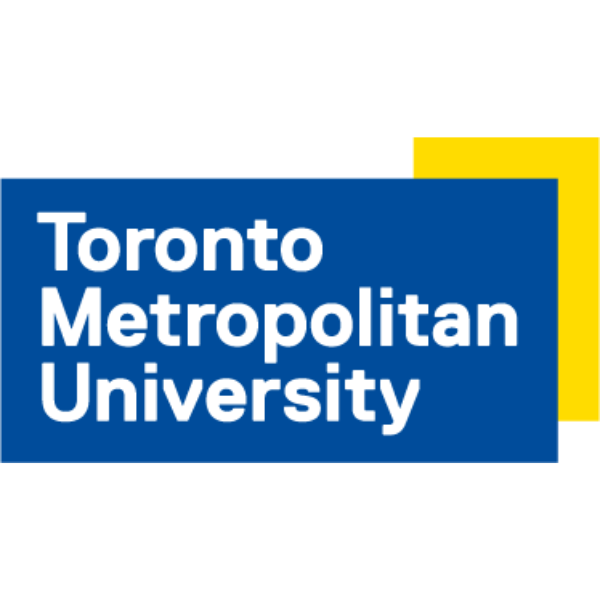
Toronto Metropolitan University’s Department of Electrical, Computer, and Biomedical Engineering is at the forefront of technology’s most impactful advancements. Whether it’s delivering leading-edge health care, connecting communities or finding innovative solutions to the world’s most pressing issues, we’re revolutionizing technology across diverse industries, from medicine to energy to communications.
Department: Electrical, Computer & Biomedical Engineering
E-mail: s.berman@torontomu.ca
We are a public sector organization and we plan to involve industry partners
- Looking for: Innovators/Entrepreneurs,Researcher (humanities and social sciences),Researcher (multidisciplinary),Researcher (scientific/technical/engineering)
- Track: Challenges,Open Ideas
- Key application domains: Digitalization,Immersive Environment,Inclusiveness,Intuitive User Experience
Preferred hosting duration: No preference
Maximum number of fellows to be hosted by the organization simultaneously : 3
3 Challenges :
-
Challenge 1:
- As generative AI technology revolutionizes how content is generated, we are faced with unprecedented challenges on information reliability, veracity, accuracy, and factuality. Unlike search technology where sources of information were among the ways through which information could be verified, content generated through generative AI do not come with provenance information. We are interested in advancing our understanding and capability to offer assurances to users on the degrees of information reliability and factuality when faced with information provided by generative AI.
-
Challenge 2:
- A foundation model for emotion recognition in Virtual Reality. Our team has developed machine learning algorithms for emotion recognition across multiple modalities of data (ECG, EEG, eye tracking). We are looking for proposals on how to create a scalable cloud-based framework that can serve inference on emotional states based on a flexible number of modalities of data. The idea is to create a foundation model for emotion recognition. We are interested in creating a seamless API that can be plugged into different virtual reality-based serious games applications (such as therapy, training etc).
-
Challenge 3:
- Rapid generation of 3D virtual environments from text. The rise of generative AI has resulted in a paradigm shift in how 3D content can be generated for virtual reality. The tedious process of experience design, 3D modeling, and animation can potentially be combined into a single generative AI-based pipeline. We are looking for proposals that can tackle the computer vision and research challenges surrounding the creation of this pipeline. In particular, we are interested in developing a behavioural therapy serious games framework where tailored 3D environments and experiences can be created for a particular participant through describing the requirements in the experience step-by-step in text.
-
